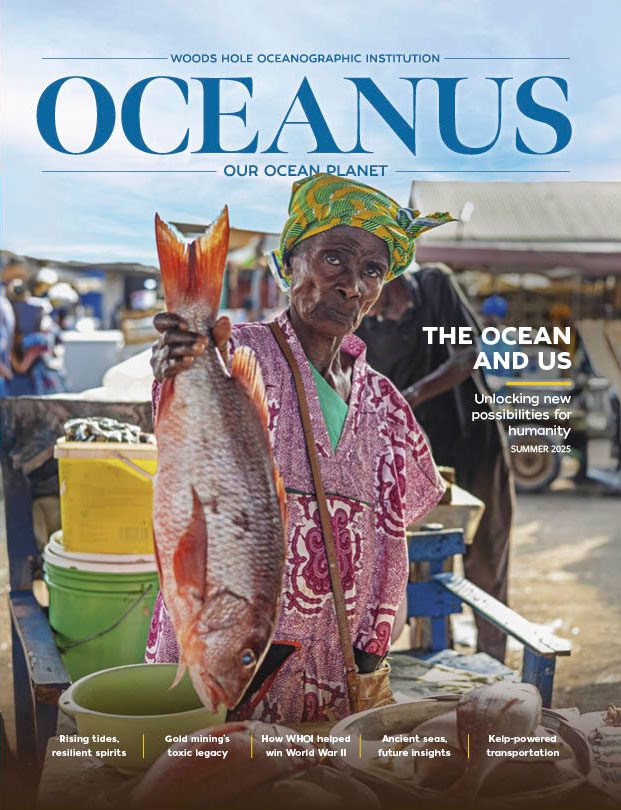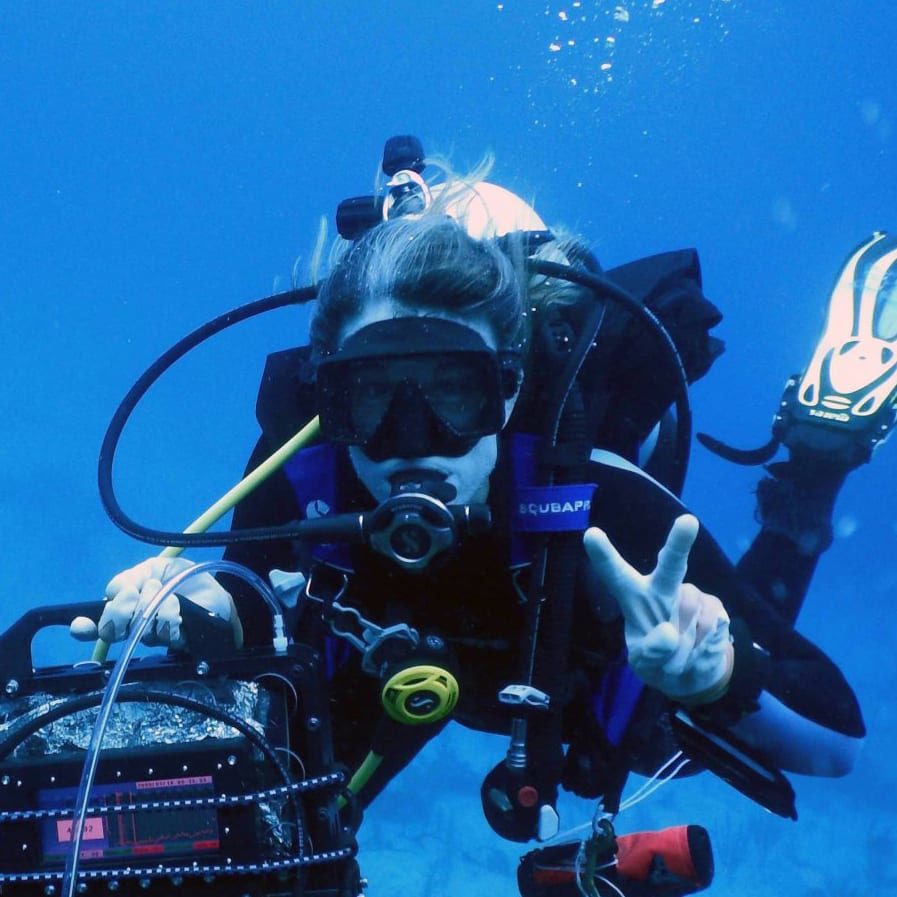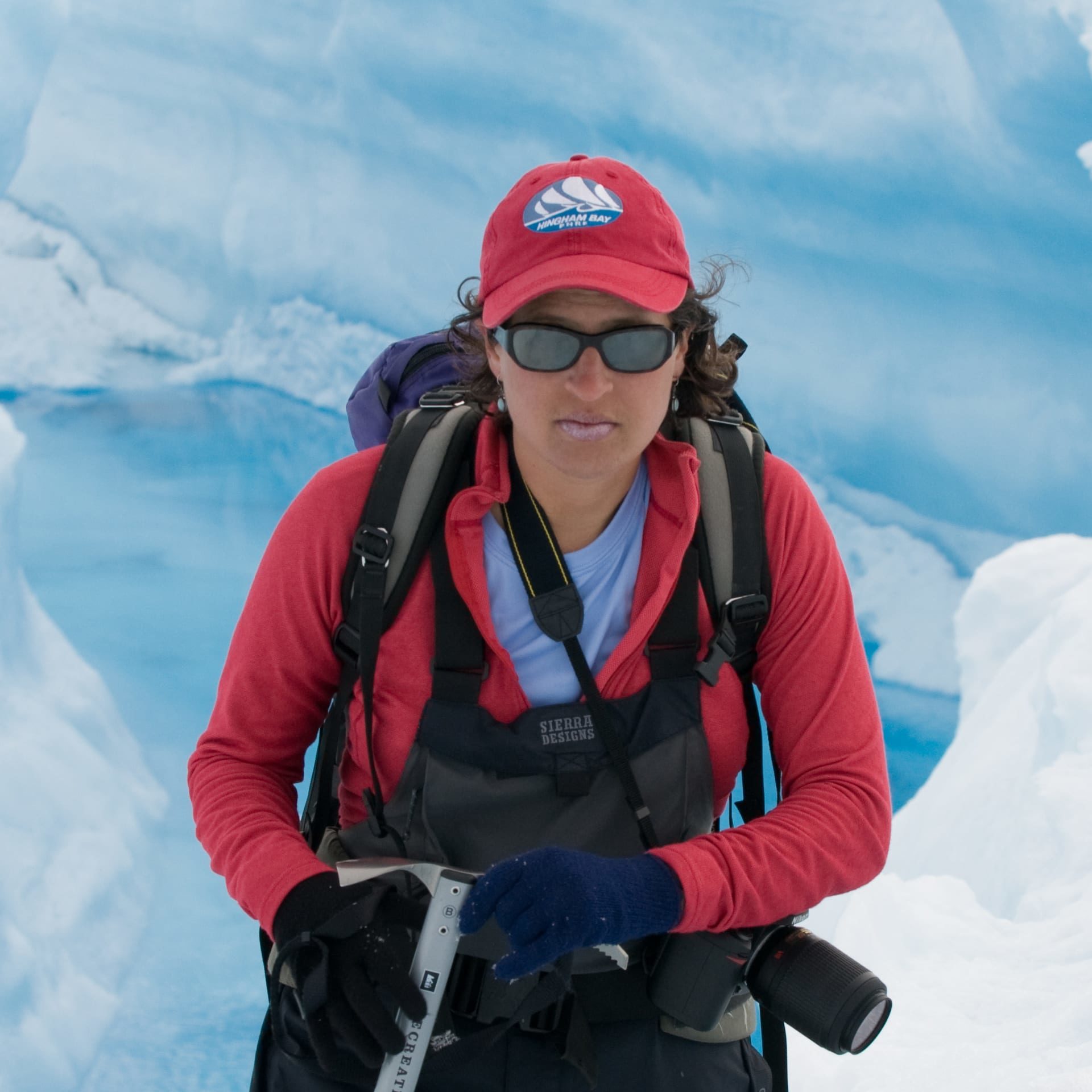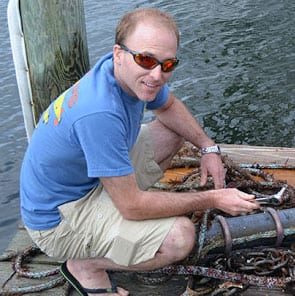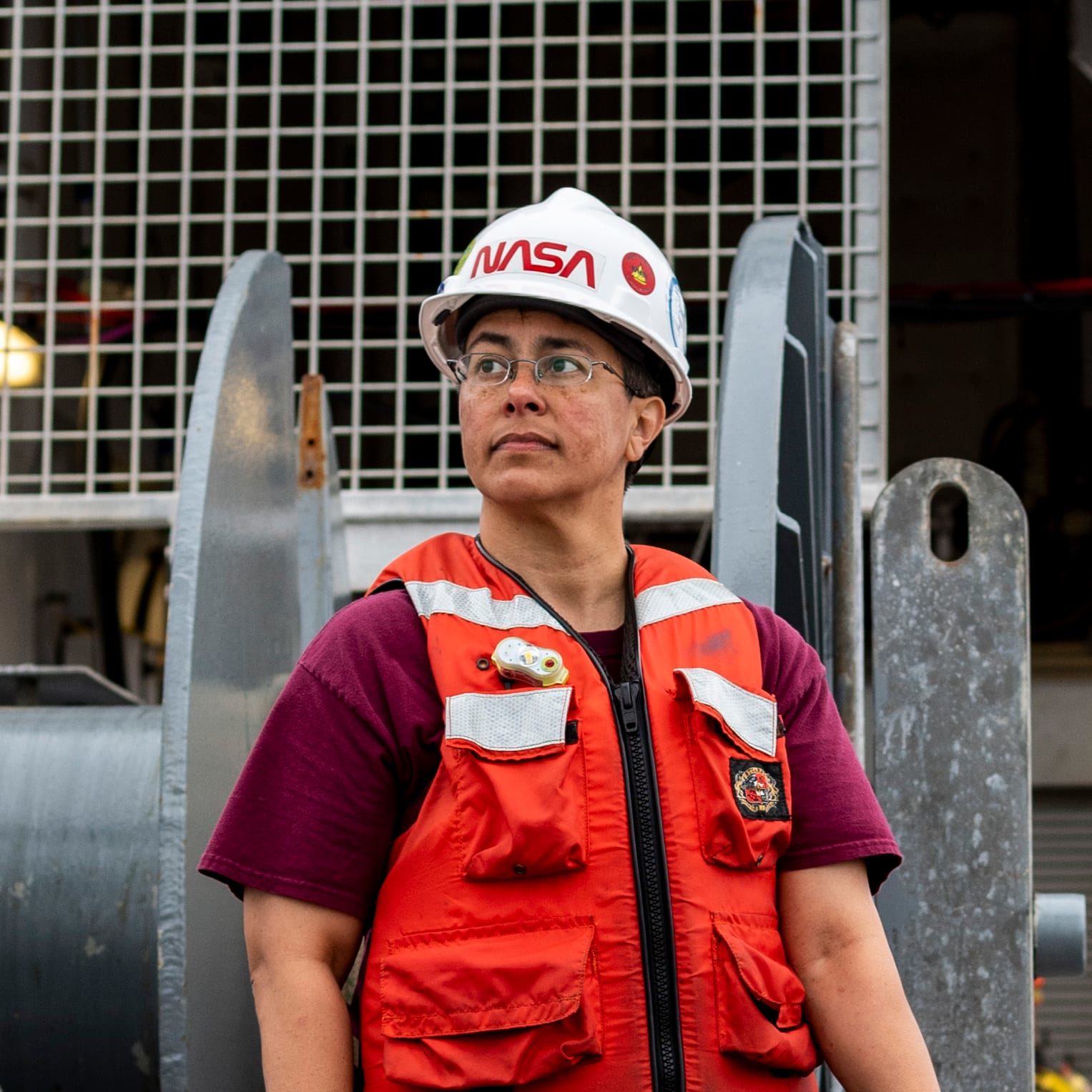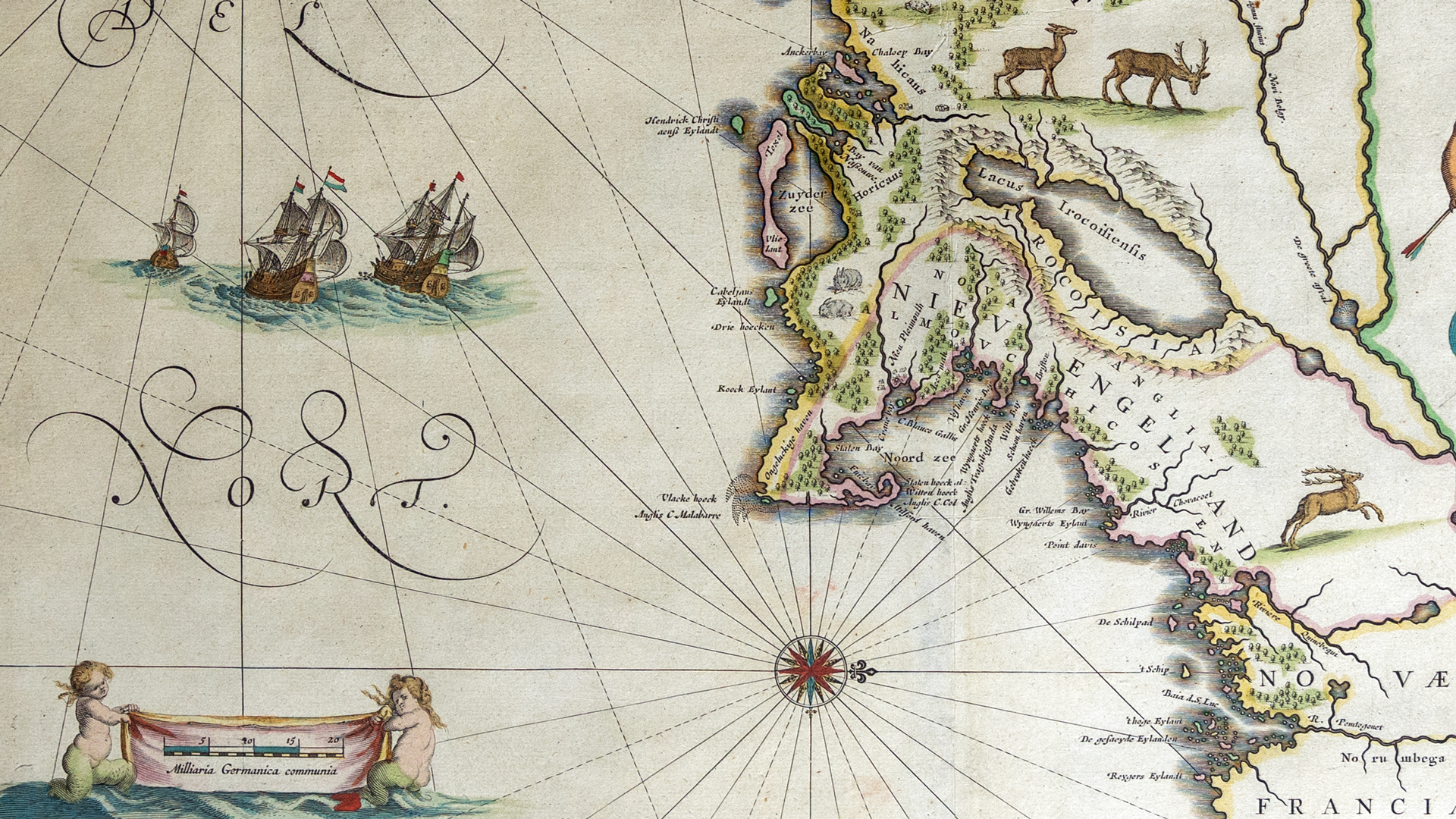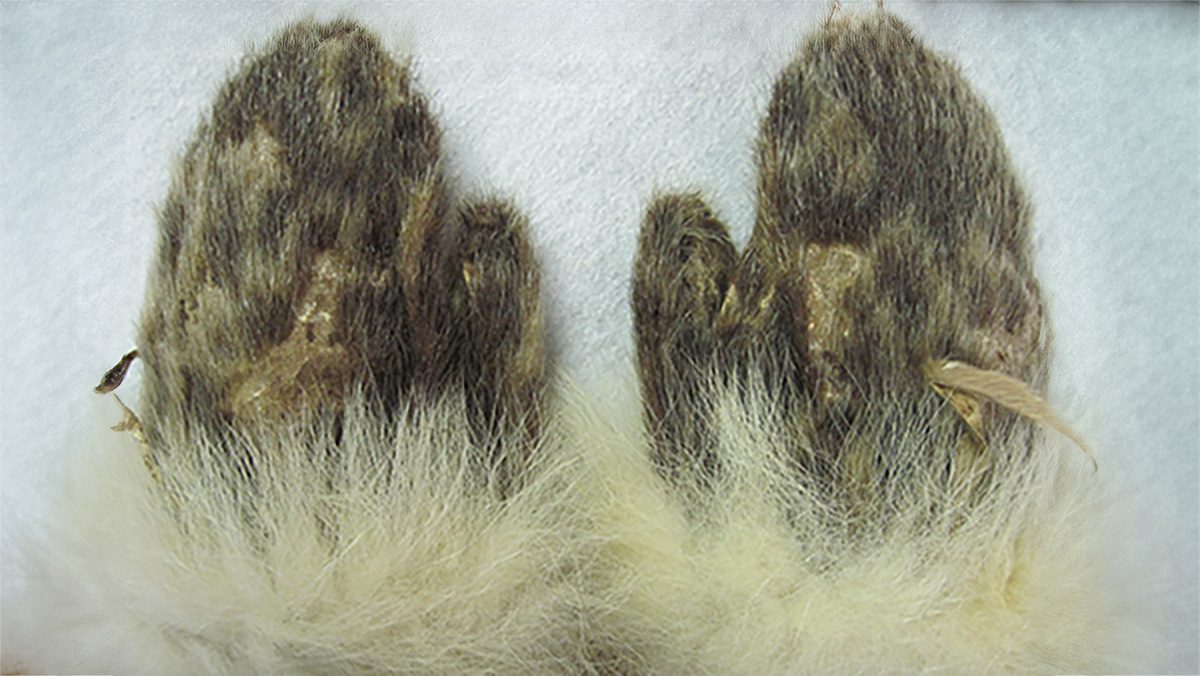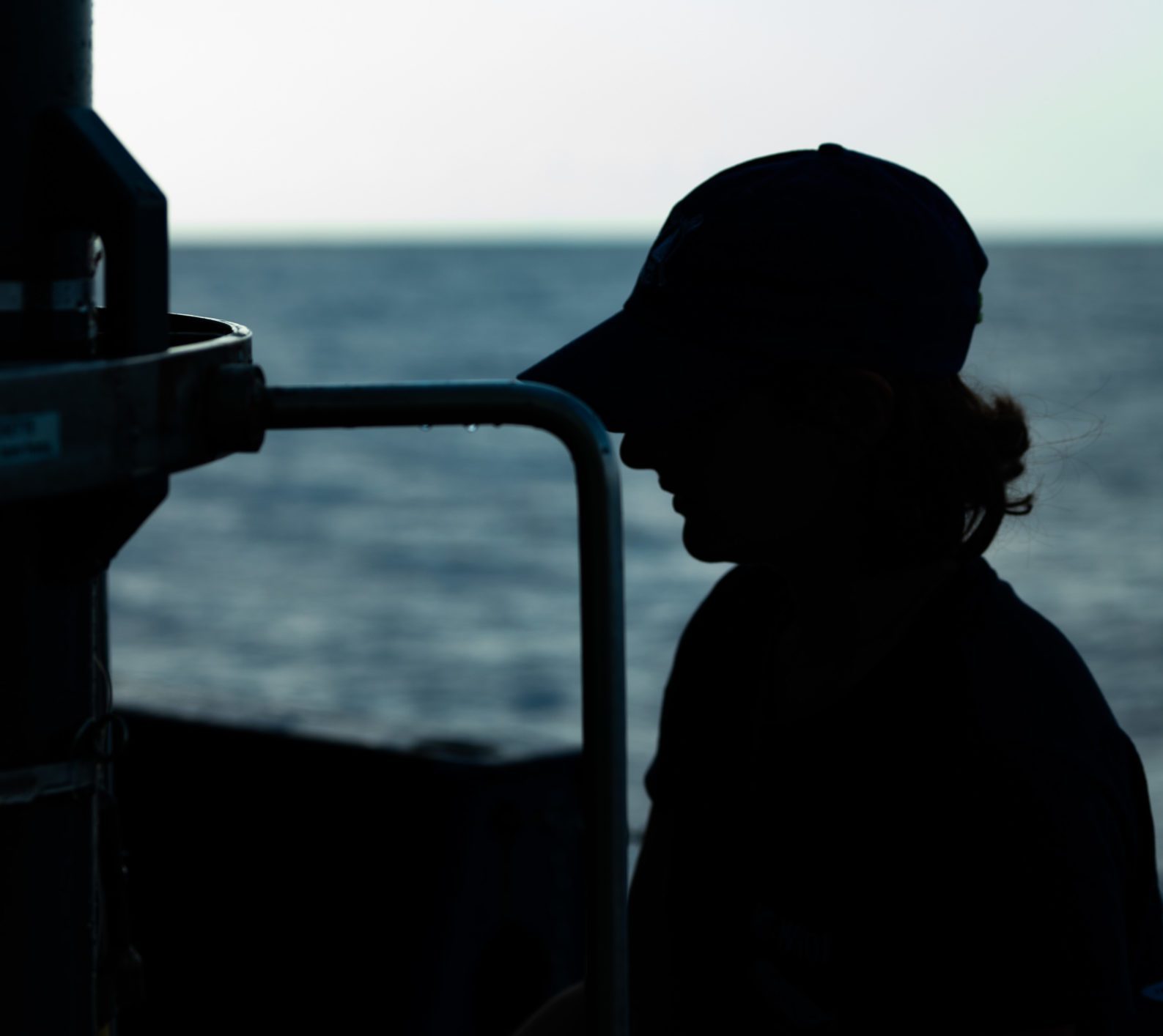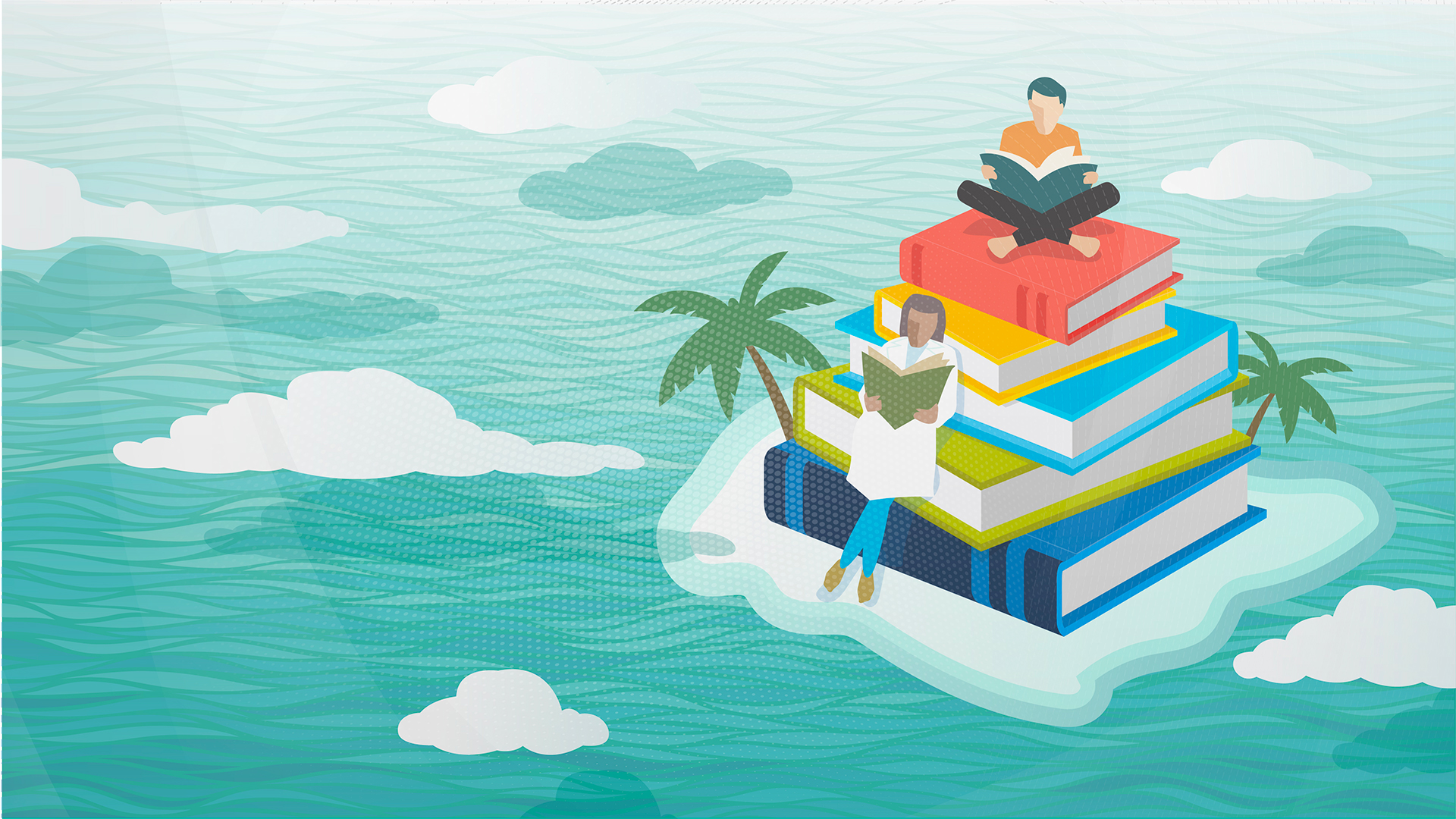
Five books WHOI researchers are reading right now
Ocean scientists don’t just read peer-reviewed papers to stay inspired. Some require less-obvious forms of reading to keep their minds sharp
Estimated reading time: 2 minutes
Colleen Hansel - Marine Biogeochemist
Lately, my pleasure reading rotates between historical fiction and narrative non-fiction novels. I’m currently reading the book Hillbilly Elegy by J.D. Vance. It is a heart-breaking, yet inspiring, memoir written by a Yale graduate and lawyer about his upbringing in small town Appalachia. The memoir provides a window into how people become stuck in a cycle of poverty and drug addiction, and how breaking that cycle often depends on a mixture of luck, social bonds, and perseverance. It’s a reminder that the line between breaking free and getting stuck is terrifyingly thin. The points raised in this book highlight the need for self-reflection, supportive social networks, and determination in facing life’s challenges––things we could all benefit from during the pandemic.
Sarah Das - Resident Glaciologist
As a geologist, it is by now second nature for me to notice many features of my natural surroundings, which here in New England usually means landforms sculpted by glaciers or coastal processes, and I love imagining how the land has been shaped over time. But I have a lot to learn about the living part of the woods and the stories they have to tell. That’s why I’ve been digging into this wonderful book, Reading the Forested Landscape: A Natural History of New England, by ecologist Tom Wessels.
Aran Mooney - Sensory Biologist
I am slowly making my way through a story called The Woman Who Walked in Sunshine: No. 1 Ladies Detective Agency. It's a fiction book about and from the perspective of Precious Ramotswe, a woman who starts a detective agency. So there are some mysteries to solve but all from the calming and insightful perspective of Ms. Ramotswe and her interesting colleagues. It's a relaxing insight into Botswana and its corner of Africa. The main character is pretty awesome in how she calmly deals with people and stressful situations, never really flustered, and takes problems with a grain of salt and in context (great inspiration for managing people and the craziness of fieldwork).
Sheri White - Research Engineer
My wife and I, along with another woman, run a group called Racial Justice Falmouth where we focus on educating ourselves and others on the history of systemic racism in our country. So lately I’ve been really focussed on racial justice issues outside of work, and so is most of my reading. Most recently, I finished Caste by Isabel Wilkerson, a fascinating take on the power structure that exists in our country, and how that affects everything from social interactions to public policy.
Mark Baumgartner - Biologist
With the pandemic, our divisive politics, a long-overdue racial reckoning in America, and an endangered species of right whale in steep decline, I find some comfort in escaping the heaviness of these days in my reading. I enjoy science fiction and probably the best thing I’ve read over the past year or two is the Murderbot Diaries by Martha Wells. It’s a series of novellas that do what all good science fiction should––it reveals something about our humanity in stories of another place, time, and even in other beings. In this series, the protagonist is a murderous part human, part machine. Trust me, he’s really lovable.
